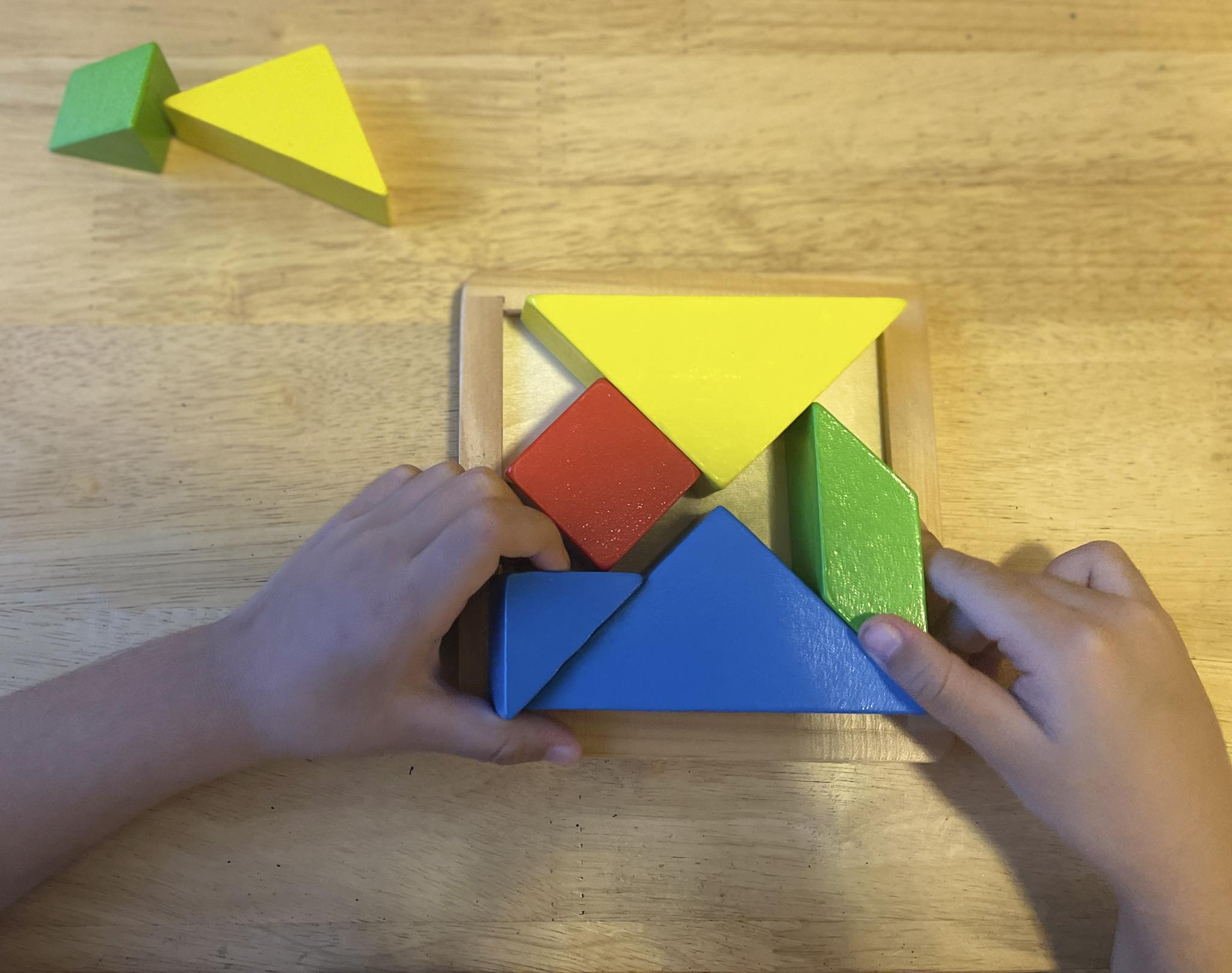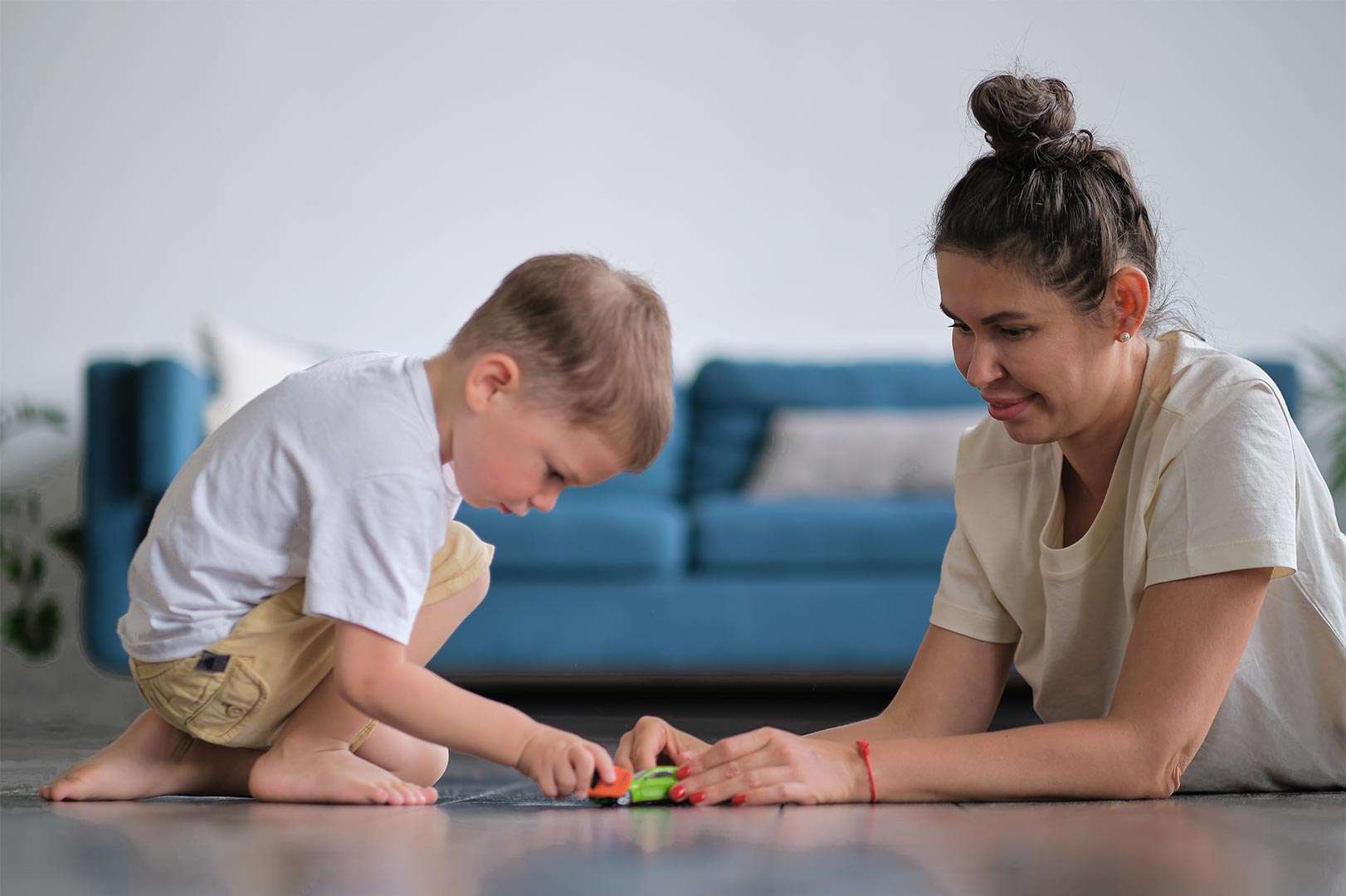Puzzles are a great way for students with special needs to learn and develop a variety of skills. Shape puzzles, in particular, can be very beneficial for these students.
Why are shape puzzles beneficial for students with special needs?
Shape puzzles can help students with special needs in a number of ways, including:
- Learning shapes: Shape puzzles can help students learn the names and properties of different shapes. This is important for students with special needs, as it can help them develop their visual-spatial skills and improve their understanding of the world around them.
- Fine motor skills: Shape puzzles can help students develop their fine motor skills. This is important for students with special needs, as it can help them improve their ability to manipulate objects and complete tasks.
- Problem-solving skills: Shape puzzles can help students develop their problem-solving skills. This is important for students with special needs, as it can help them learn to think critically and come up with solutions to problems.
- Attention and focus: Shape puzzles can help students improve their attention and focus. This is important for students with special needs, as it can help them stay on task and complete activities.
- Self-confidence: Shape puzzles can help students build self-confidence. This is important for students with special needs, as it can help them feel successful and capable.
How to choose a shape puzzle for a student with special needs
When choosing a shape puzzle for a student with special needs, there are a few things to keep in mind:
- The age of the student: The age of the student will determine the difficulty level of the puzzle. Younger students will need simpler puzzles, while older students can handle more challenging puzzles.
- The skill level of the student: The skill level of the student will also determine the difficulty level of the puzzle. Students with lower skill levels will need easier puzzles, while students with higher skill levels can handle more challenging puzzles.
- The interests of the student: The interests of the student will also play a role in choosing a puzzle. If the student is interested in animals, for example, you might choose a puzzle with animal shapes.
- The sensory needs of the student: Some students with special needs may have sensory needs that need to be considered when choosing a puzzle. For example, some students may be sensitive to noise or bright colors.
How to play shape puzzles with students with special needs
Here are a few tips for playing shape puzzles with students with special needs:
- Start with simple puzzles: If the student is new to puzzles, start with simple puzzles with few pieces. This will help them learn the basic concepts of puzzles and build their confidence.
- Use visual cues: Some students with special needs may benefit from using visual cues when playing puzzles. This could include using pictures or symbols to represent the different shapes.
- Break the puzzle down into steps: If the puzzle is too difficult for the student to complete in one sitting, break it down into smaller steps. This will help them stay on task and avoid getting frustrated.
- Provide positive reinforcement: Be sure to provide positive reinforcement when the student completes a puzzle. This will help them feel successful and motivated to continue playing.
Conclusion
Shape puzzles can be a great way for students with special needs to learn and develop a variety of skills. By choosing the right puzzle and providing the student with the right support, you can help them have a fun and rewarding experience.
Find out if your child needs extra support today!
- My child screams hysterically
- My child is mean to other children
- My child is always worried
- My child is scared to go to school
- My child is scared of loud noises
- My child doesn’t know how to read
- My child is scared to play outside
- My child does not respond to his name
- My child always gets in trouble
- My child fights with other children
- My child doesn’t know how to count
If you are concerned about your child’s development, contact us for Assessments: Phone/Telegram: 077.455.993 – Telegram Link: https://t.me/OrbRom
If you are concerned about your child’s development, contact us for Assessments.
Phone/Telegram: 077.455.993 Link: https://t.me/OrbRom






Leave A Comment